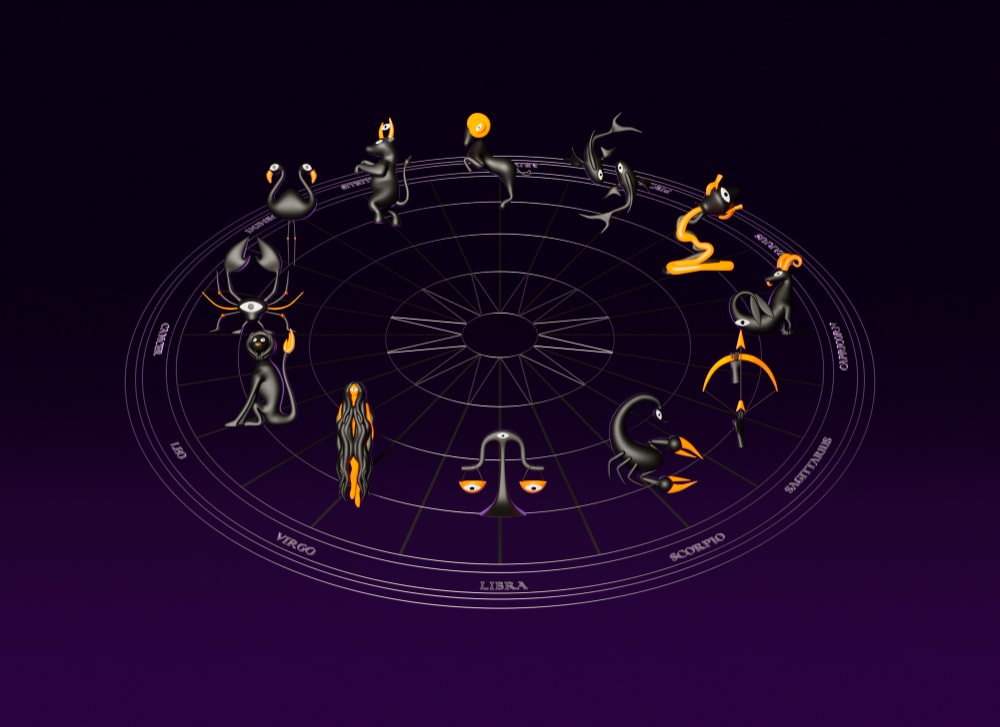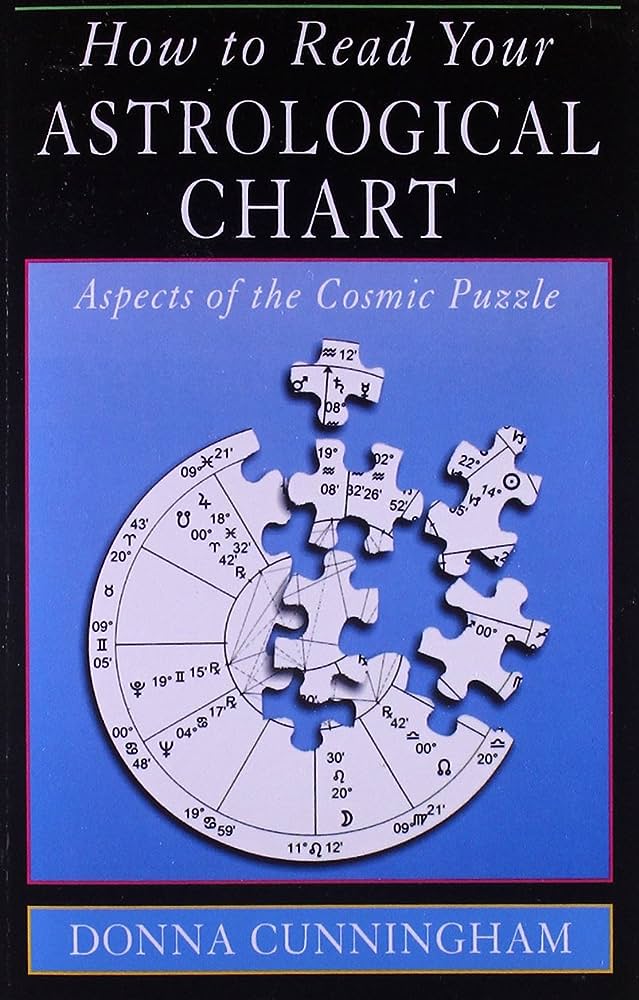Astrology has fascinated humans for centuries, offering a unique lens through which we can understand ourselves and the world around us. But what exactly is an astrology reading? In this article, we will delve into the art of cosmic interpretation, exploring how astrologers analyze the positions and movements of celestial bodies to provide insightful readings. Prepare to discover a world where the stars and planets hold the secrets to unlocking your true potential and navigating life’s challenges.
What is Astrology Reading?
Definition of Astrology Reading
Astrology reading is an ancient practice that seeks to interpret the influence of celestial bodies on human lives. It involves the analysis of astrological charts, which are calculated based on an individual’s birth date, time, and location. Astrologers use these charts to provide insights into various aspects of a person’s life, including personality traits, life events, relationships, and more.
Purpose of Astrology Reading
The purpose of astrology reading is to help individuals gain a deeper understanding of themselves and the world around them. By interpreting the planetary positions at the time of birth, astrologers can offer guidance regarding personal strengths, challenges, and life paths. Astrology reading can also provide valuable insights into relationships, career choices, and other important decisions.
History of Astrology Reading
The practice of astrology dates back thousands of years and has been an integral part of many ancient civilizations. It is believed to have originated in Mesopotamia around the 2nd millennium BCE. Over time, astrology spread to various regions, including Ancient Greece, Rome, India, and China, each developing its own unique system and traditions. Today, astrology continues to be practiced and valued by millions of people worldwide.
The Role of Astrologers
Training and Education
Astrologers undergo extensive training and education to become proficient in their craft. Many pursue formal education programs, workshops, or apprenticeships to learn the intricacies of astrology. They study various astrological systems, such as Western, Vedic, Chinese, Mayan, and Indigenous astrology, to develop a well-rounded understanding of the subject. Additionally, astrologers continuously update their knowledge by participating in conferences, seminars, and online courses.
Skills and Qualities
Astrologers possess a unique set of skills and qualities that enable them to provide accurate and insightful readings. They have a strong grasp of astrology’s technical aspects, including understanding planetary movements, aspects, and transits. Moreover, they have developed intuition and a deep connection to the symbolic language of astrology. Effective communication skills are also essential for astrologers, as they need to convey complex concepts in an accessible manner to their clients.
Ethics and Responsibility
Ethics play a crucial role in astrology reading. Responsible astrologers ensure the confidentiality and privacy of their clients, respecting their personal boundaries and concerns. They approach their work with empathy and compassion, understanding that the insights provided may have a profound impact on individuals’ lives. It is also important for astrologers to recognize the limits of their knowledge and refrain from giving medical, legal, or financial advice unless they have the necessary credentials.
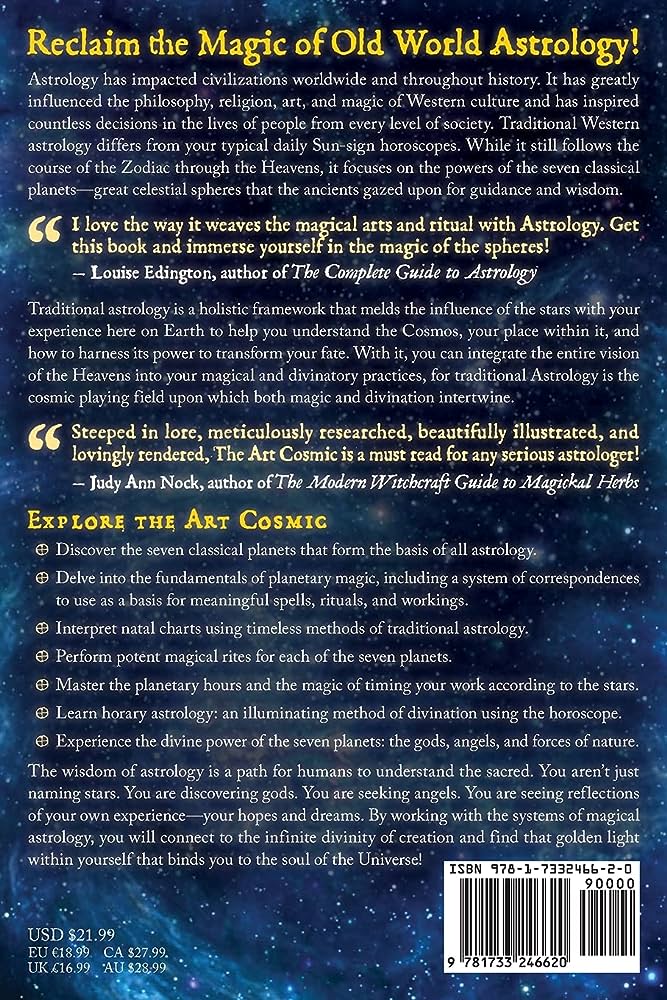
Understanding Astrological Charts
Components of an Astrological Chart
An astrological chart, also known as a birth chart or natal chart, is a snapshot of the sky at the exact moment and location of an individual’s birth. It consists of various components, including the Zodiac signs, planets, and houses. The chart is divided into twelve equal sections called houses, each representing different life areas. The positions of the planets at specific angles, known as aspects, influence the interpretation of the chart.
Zodiac Signs and Their Meanings
The Zodiac signs are an essential part of astrology reading, representing specific personality traits and characteristics. There are twelve Zodiac signs, each associated with one of the four elements (fire, earth, air, and water). Aries, Leo, and Sagittarius are fire signs, known for their passion and enthusiasm. Taurus, Virgo, and Capricorn belong to the earth element and are known for their practicality and determination. Gemini, Libra, and Aquarius are air signs, emphasizing intellect and sociability. Cancer, Scorpio, and Pisces are water signs, characterized by sensitivity and emotional depth.
Planets and Their Influence
The planets in an astrological chart symbolize different facets of an individual’s personality and life experiences. Each planet has its own unique characteristics and areas of influence. For example, the Sun represents the ego and the core essence of the individual, while the Moon represents emotions and subconscious patterns. Mercury signifies communication and thought processes, while Venus influences love and relationships. Mars governs energy and assertiveness, while Jupiter represents expansion and opportunities. Saturn represents discipline and life lessons, while Uranus, Neptune, and Pluto signify transformation and higher consciousness.
Houses and Their Significance
The twelve houses in an astrological chart indicate different areas of life, ranging from personal identity to relationships, career, health, and more. Each house represents a specific aspect of life and is associated with a Zodiac sign ruling that area. For example, the first house, ruled by Aries, represents the self and personal identity, while the seventh house, ruled by Libra, symbolizes relationships and partnerships. The interpretation of a planet’s placement in a specific house provides insights into how it affects various aspects of a person’s life.
Different Types of Astrology
Western Astrology
Western astrology, also known as Tropical astrology, is one of the most popular astrological systems in the Western world. It is based on the Tropical Zodiac, which aligns with the seasons rather than the constellations. Western astrology utilizes the twelve Zodiac signs and their planetary rulerships to interpret the birth chart. It focuses on psychological and personality analysis, providing valuable insights into an individual’s motivations, strengths, and challenges.
Vedic Astrology
Vedic astrology, also known as Jyotish, is a traditional system rooted in ancient Indian wisdom. It is based on the Sidereal Zodiac, which considers the actual positions of the constellations. Vedic astrology places great emphasis on karmic patterns and life purpose, utilizing the planets and houses to analyze past, present, and future events. It offers comprehensive guidance on various aspects of life, including career, relationships, health, and spirituality.
Chinese Astrology
Chinese astrology is deeply rooted in Chinese culture and operates on a twelve-year cycle, with each year represented by a specific animal sign. It utilizes the Chinese Zodiac, which consists of twelve animals: Rat, Ox, Tiger, Rabbit, Dragon, Snake, Horse, Sheep, Monkey, Rooster, Dog, and Pig. Chinese astrology focuses on the interplay between the animal signs, elements, and yin-yang energies to provide insights into personality traits, relationships, and life cycles. It is widely consulted for guidance and compatibility assessments.
Mayan Astrology
Mayan astrology is an ancient system developed by the Mayan civilization in Mesoamerica. It is based on a combination of astronomical observations, sacred calendars, and mythological symbolism. Mayan astrology places great importance on the 260-day Sacred Tzolkin calendar, composed of twenty day signs and thirteen galactic numbers. It offers insights into an individual’s life purpose, strengths, and challenges, as well as compatibility assessments in relationships.
Indigenous Astrology
Indigenous astrology refers to the astrological traditions of various indigenous cultures around the world. Each indigenous culture has its own unique system, incorporating local celestial observations, cultural beliefs, and mythologies. Indigenous astrologies are deeply connected to the land, ancestors, and natural cycles. They offer perspectives on identity, spirituality, and personal growth, providing guidance rooted in indigenous wisdom and teachings.
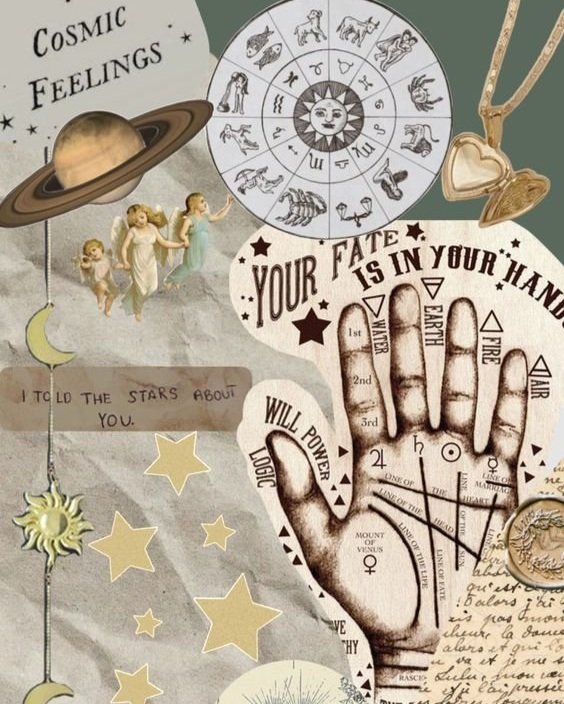
Preparing for an Astrology Reading
Gathering Birth Information
Before seeking an astrology reading, it is essential to gather accurate birth information, including the date, time, and place of birth. This information ensures the accuracy and precision of the astrologer’s calculations and interpretations. Birth certificates, hospital records, or confirmation from parents are reliable sources for obtaining this information. Any uncertainty surrounding the birth details can potentially affect the accuracy and thoroughness of the reading.
Choosing an Astrologer
Selecting the right astrologer is crucial for a meaningful and insightful astrology reading. It is recommended to research and seek personal recommendations from trusted sources. Consider the astrologer’s training, experience, and specialization, ensuring they align with your specific interests and needs. Reading client testimonials and reviews can provide further insights into an astrologer’s expertise and approach. Ultimately, choose an astrologer who resonates with you and creates a comfortable and safe space for exploration.
Setting Expectations
It is important to set realistic expectations before an astrology reading. Understand that astrology is not a fortune-telling practice but a tool for self-awareness and understanding. Astrologers provide interpretations based on the symbolism and patterns in the birth chart, offering insights and guidance. However, the ultimate responsibility for decision-making lies with the individual. Approach the reading with an open mind, being receptive to the information provided while maintaining a healthy dose of skepticism.
What to Expect During an Astrology Reading
Interpretation of Birth Chart
During an astrology reading, the primary focus is on interpreting the client’s birth chart. The astrologer analyzes the positions of the planets, houses, and aspects, extracting meaningful insights and patterns. They may explain the significance of various placements, emphasizing their potential influence on personality traits, life events, and relationships. The birth chart serves as a roadmap, providing a comprehensive understanding of the client’s unique cosmic blueprint.
Insights on Personality Traits
Astrology readings often shed light on an individual’s personality traits, strengths, and challenges. The astrologer may identify dominant characteristics based on the Zodiac sign placements, planetary aspects, and house placements. They may explore the client’s emotional tendencies, communication style, decision-making processes, and areas of personal growth. These insights can help individuals better understand themselves and enhance their self-awareness.
Insights on Life Events
Astrologers can offer insights into significant life events or periods of transformation. By examining planetary transits and progressions, they can identify upcoming opportunities, challenges, or shifts in various life areas. Astrology readings can illuminate potential career changes, relationship developments, relocation, or personal milestones. Understanding these cosmic influences can empower individuals to make informed choices and navigate life transitions more effectively.
Answering Specific Questions
Astrology readings also provide an opportunity for individuals to ask specific questions or seek guidance on particular areas of concern. Whether it’s about relationships, career choices, or personal dilemmas, astrologers can use the birth chart to address these queries. They may provide insights into potential outcomes, suggest strategies for growth and adaptation, or offer alternative perspectives. It is important to phrase questions clearly and objectively, allowing astrologers to provide the most accurate and relevant responses.
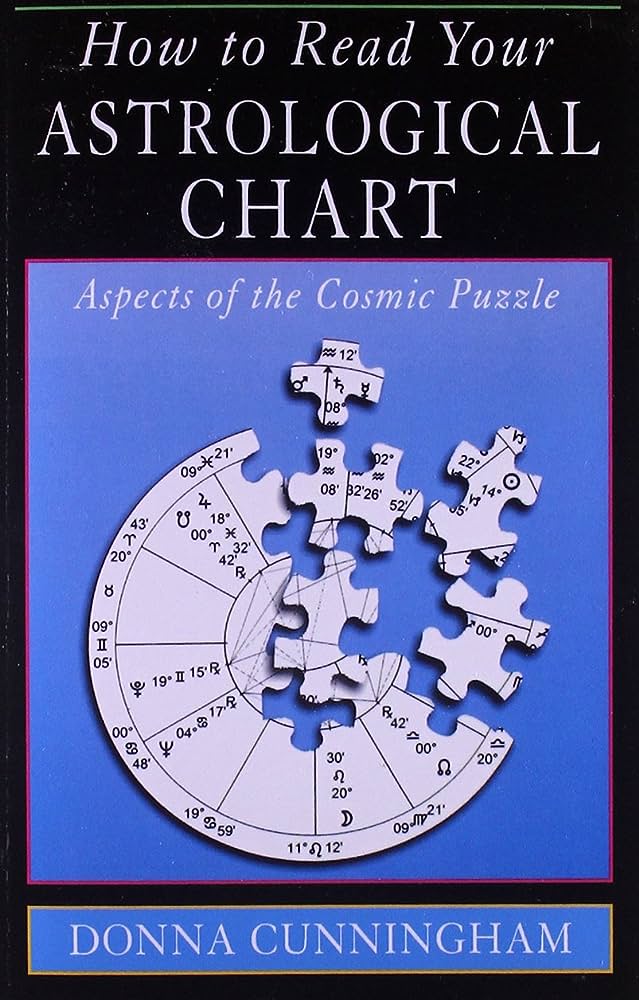
Benefits of Astrology Readings
Self-Discovery and Personal Growth
Astrology readings serve as a powerful tool for self-discovery and personal growth. By gaining insights into their birth chart, individuals can better understand their strengths, weaknesses, and life purpose. Self-awareness allows for conscious decision-making, leading to personal growth and fulfillment. Astrology provides a framework for exploring one’s potential and encourages individuals to embrace their authentic selves.
Understanding Relationships
Astrology readings offer valuable insights into relationships and compatibility. By comparing birth charts, astrologers can identify areas of harmony, challenges, and potential growth between individuals. Whether it’s a romantic partnership, friendship, or business collaboration, astrology can shed light on dynamics, communication styles, and areas of alignment or tension. Understanding the astrological dynamics within relationships can help individuals navigate conflict, build stronger connections, and enhance empathy.
Guidance in Decision Making
Astrology readings can provide guidance and clarity in decision-making processes. By examining the astrological influences surrounding a decision or choice, astrologers can help individuals understand potential outcomes or courses of action. Astrology can highlight the timing of opportunities or challenges, assisting individuals in making informed choices. It serves as a valuable tool for introspection and assists in aligning actions with personal values and goals.
Validation and Confirmation
Astrology readings often provide a sense of validation and confirmation. Many individuals find solace in the alignment of their birth chart with their lived experiences, traits, and challenges. Astrology can offer reassurance that certain personality traits or life events are part of a broader cosmic plan. This validation can foster self-acceptance and self-compassion, allowing individuals to embrace their unique journey and find meaning in their experiences.
Criticism and Controversies
Scientific Skepticism
Astrology faces criticism and skepticism from the scientific community, which argues that its principles lack empirical evidence. Skeptics argue that astrology’s predictions and interpretations are based on subjective, general statements that could apply to anyone. They also highlight the lack of scientific studies supporting astrology’s claims. However, astrology’s defenders argue that it operates on a symbolic and archetypal level, offering valuable insights into human psychology and personal growth.
Ethical Concerns
Astrology readings can raise ethical concerns, especially when it comes to vulnerable individuals seeking guidance. Astrologers must be mindful of their responsibility to provide accurate and ethical information. It is crucial to avoid making absolute predictions or giving medical, legal, or financial advice unless qualified to do so. Respect for client confidentiality and privacy is essential, as is maintaining professional boundaries.
General Misinterpretations
Misinterpretations and generalizations based on sun sign astrology are common criticisms of astrology. Sun sign astrology, which focuses solely on the Zodiac sign determined by the birthdate, can provide a narrow and incomplete picture. Astrology readings should consider the entire birth chart to provide a comprehensive analysis. It is essential to remember that astrology encompasses a broad range of factors and influences, extending beyond just the sun sign.
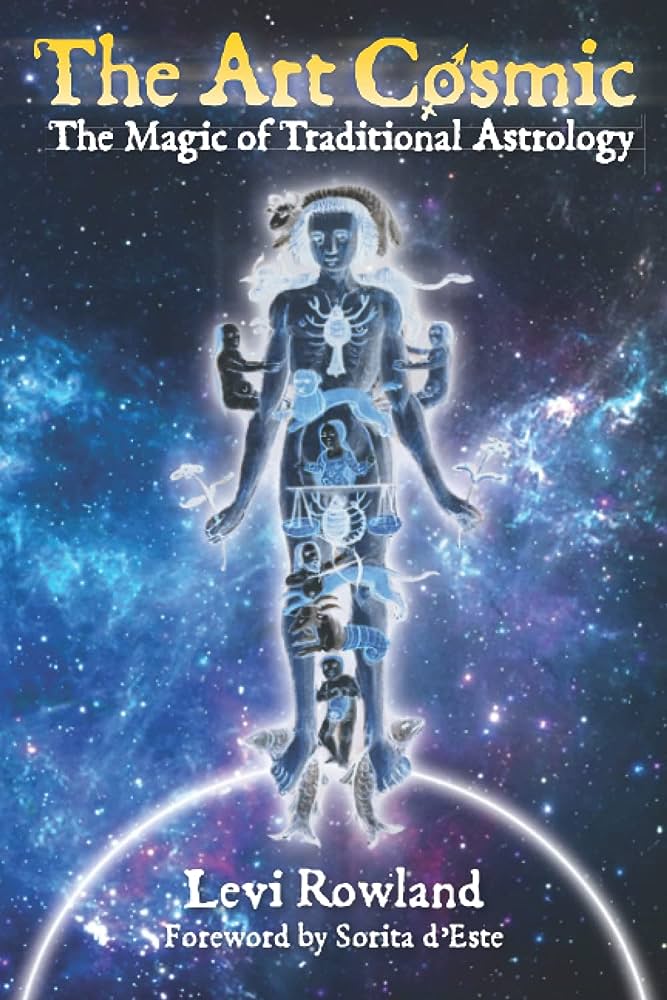
Finding Reputable Astrologers
Personal Recommendations
One of the best ways to find reputable astrologers is through personal recommendations. Talk to friends, family, or acquaintances who have had positive experiences with astrologers. Ask about their professionalism, accuracy, and ability to provide meaningful insights. Personal recommendations can offer valuable insights and help you find an astrologer who resonates with your needs and preferences.
Online Reviews and Ratings
Online reviews and ratings can also serve as a helpful tool for finding reputable astrologers. Browse reputable astrology websites, forums, or directories that feature reviews and testimonials from previous clients. Look for consistently positive feedback, indicating the astrologer’s reliability and accuracy. Take note of any negative reviews as well, but consider the overall consensus and patterns in the feedback.
Certification and Accreditation
Certification and accreditation can provide additional reassurance regarding an astrologer’s qualifications and professionalism. Professional astrologers often pursue certifications or memberships with reputable astrology organizations. These organizations establish standards and ethical guidelines for their members, ensuring a certain level of competence and commitment to the field. Check if an astrologer holds any certifications or affiliations with recognized astrology organizations.
Consulting Professional Organizations
Professional astrology organizations can serve as valuable resources for finding reputable astrologers. These organizations often provide directories or referral services, connecting individuals with qualified astrologers. They may also offer resources, educational materials, and guidelines to help individuals navigate the world of astrology. Consulting professional astrology organizations can help you find established astrologers whose expertise has been recognized and acknowledged.
Exploring Alternative Cosmic Interpretations
Astrology vs Astronomy
Astrology and astronomy are often mistakenly used interchangeably. However, they differ substantially in their approaches and objectives. Astronomy is a scientific discipline that studies celestial objects, their behavior, and their physical properties. It focuses on observation, measurement, and understanding the physical universe. Astrology, on the other hand, explores the symbolic and psychological dimensions of celestial bodies, seeking to understand their potential influence on human consciousness and behavior. Both play distinct roles in exploring and appreciating the cosmos.
Integration with Other Spiritual Practices
Astrology can be integrated with other spiritual practices, complementing and enhancing their insights. Many individuals combine astrology with practices such as meditation, yoga, tarot, or energy healing to deepen their self-exploration and spiritual growth. Astrology can provide a framework for understanding and interpreting the energetic and psychological patterns within these practices. By integrating astrology with other spiritual tools, individuals can gain a more comprehensive understanding of themselves and the world around them.
Astrology as a Tool for Personal Development
Astrology serves as a powerful tool for personal development and self-reflection. It offers individuals an opportunity to explore their unique cosmic blueprint and gain insights into their inherent potentials and challenges. By understanding the planetary influences at play, individuals can identify areas for growth, embrace their innate gifts, and navigate life’s complexities more effectively. Astrology serves as a guiding light, empowering individuals in their journey towards self-discovery, personal growth, and fulfillment.
In conclusion, astrology reading is a fascinating and rich practice that offers individuals valuable insights and guidance. It encompasses various astrological systems, each with its own unique approach and traditions. Astrologers play a crucial role in interpreting birth charts and providing meaningful interpretations. Astrology readings can facilitate self-awareness, personal growth, and understanding of relationships. While astrology has faced criticism and controversies, it continues to be a respected and cherished tool for cosmic interpretation. Finding reputable astrologers and setting realistic expectations are key to obtaining a meaningful astrology reading. Astrology is a dynamic and evolving field that can be integrated with other spiritual practices, enhancing individuals’ journey of self-discovery and personal development.
